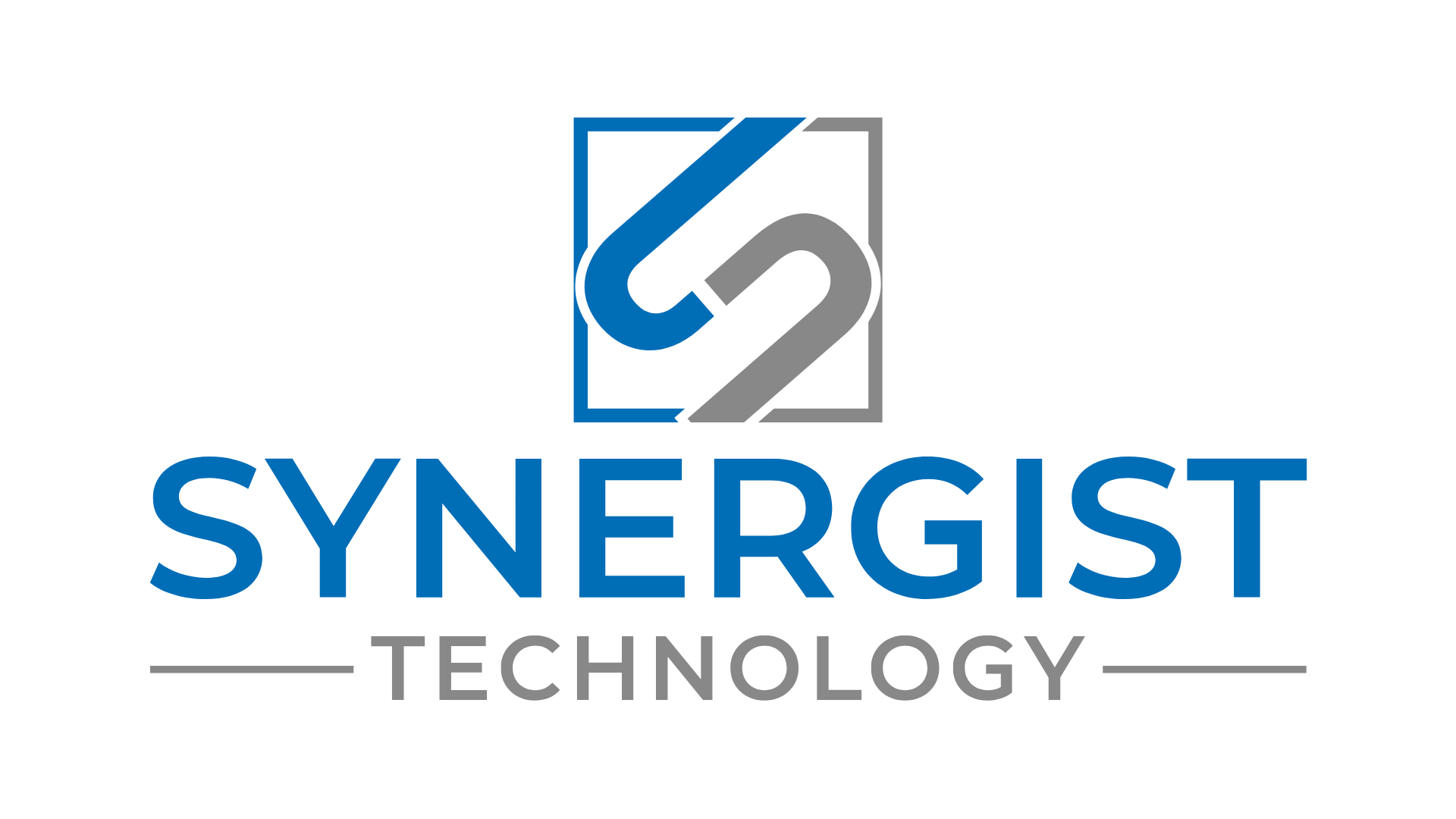Artificial Intelligence (AI) has become an integral part of our daily lives, shaping various sectors and revolutionizing industries. While its advancements offer immense potential, questions surrounding the fairness of AI arise. As human bias and prejudice have historically plagued society, ensuring the fairness of AI systems is crucial to building ethical and inclusive technology. This opinion article discusses the importance of fairness in AI and emphasizes the need for comprehensive frameworks and regulations to mitigate biases and promote equitable outcomes.
The fairness of AI is a multifaceted issue that demands attention from various angles. The inherent biases present in datasets used to train AI models can lead to perpetuating discriminatory outcomes. Moreover, complex algorithms can amplify societal biases and inadvertently discriminate against marginalized communities. This necessitates building fair AI systems that can mitigate bias and avoid the reinforcement of historical inequalities.
Implicit biases, ingrained within datasets and algorithms, are a formidable challenge to confront. To foster fairness, it is imperative to diversify the data used for training AI models. By including a broad and representative range of data, we can reduce the likelihood of biased outcomes. Furthermore, AI developers and data scientists must proactively identify potential biases, thoroughly audit datasets, and actively engage with communities impacted by these biases to ensure greater fairness.
AI systems should adhere to ethical principles, ensuring transparency, explainability, and accountability. Algorithms should be designed to provide comprehensible explanations for their decisions, enabling users to identify and challenge biased outcomes. In addition, it is crucial to establish legal frameworks that hold organizations accountable for the fairness and transparency of their AI systems. These frameworks should include guidelines for regular audits, penalties for discriminatory practices, and avenues for redress.
AI fairness should be an ongoing process rather than a one-time implementation. Regular monitoring of AI systems is necessary to identify and rectify biases that may emerge over time. Developers should prioritize ongoing data collection and evaluation, enabling real-time detection and correction of discriminatory patterns. Additionally, fostering collaborations between different stakeholders, such as academics, policymakers, and advocacy groups, can bring diverse perspectives and expertise to the table, aiding in the detection and mitigation of biases.
Promoting fairness in AI necessitates extensive education and awareness programs. Knowledge dissemination initiatives should target developers, data scientists, and decision-makers, ensuring they possess a critical understanding of the ethical implications and biases within AI systems. Encouraging interdisciplinary programs and fostering a diverse talent pool will help personal biases to be identified and challenged effectively.
Fairness in AI is not a distant ideal; it is an imperative for creating a just and equitable future. The development and implementation of comprehensive frameworks for ensuring fairness within AI systems are crucial steps in this journey. By addressing implicit biases, prioritizing ethics and accountability, fostering continuous monitoring, and enhancing education and awareness, we can create AI systems that empower individuals and societies rather than perpetuating injustices. As AI technology continues to evolve, let us collectively strive for fairness to build a future that benefits everyone.
Written with the help of ChatGPT by Elycia Morris, CEO Synergist Technology Jan 2024
Useful articles:
https://ec.europa.eu/futurium/en/system/files/ged/auditing-artificial-intelligence.pdf
https://www.cnn.com/2023/12/20/tech/rite-aid-ai-ftc-settlement/index.html


